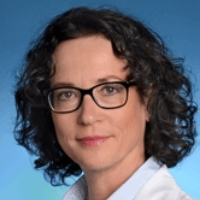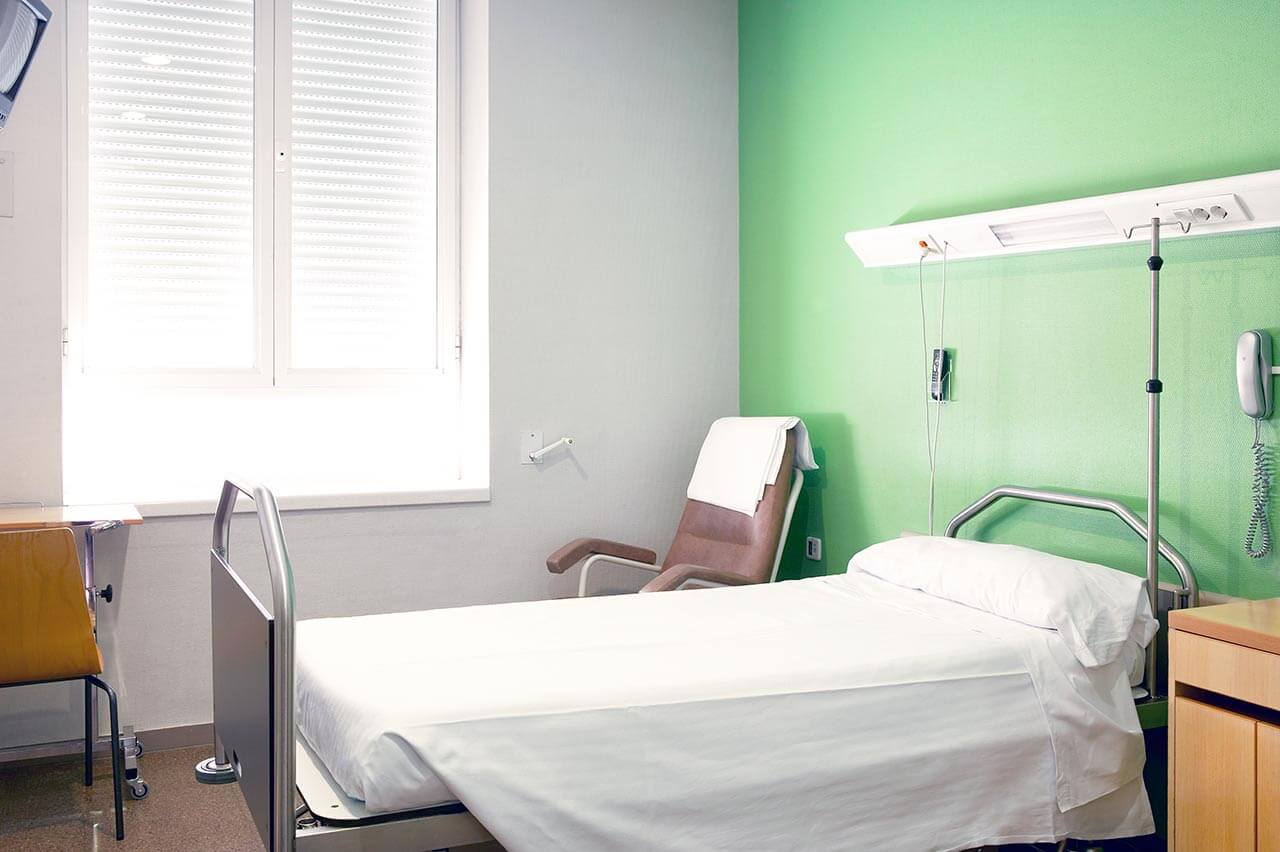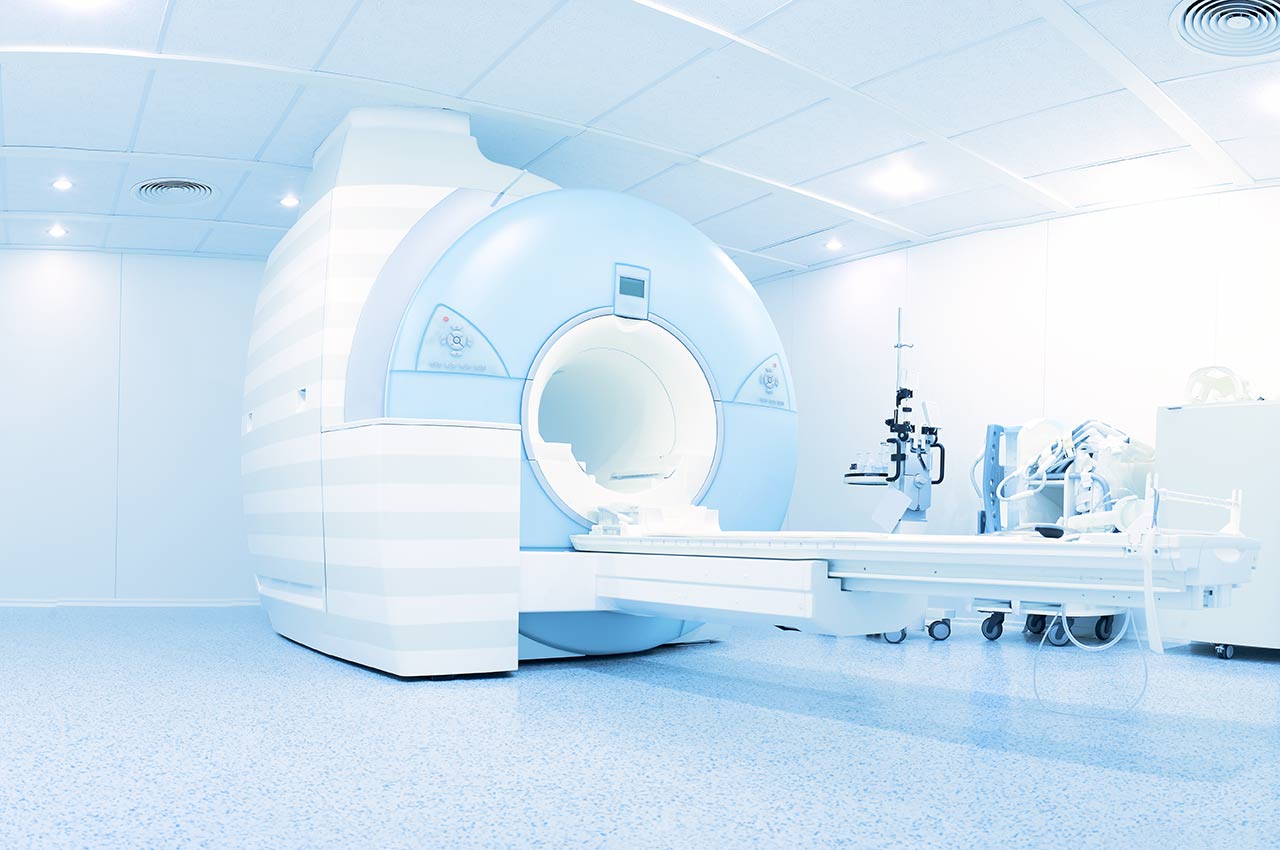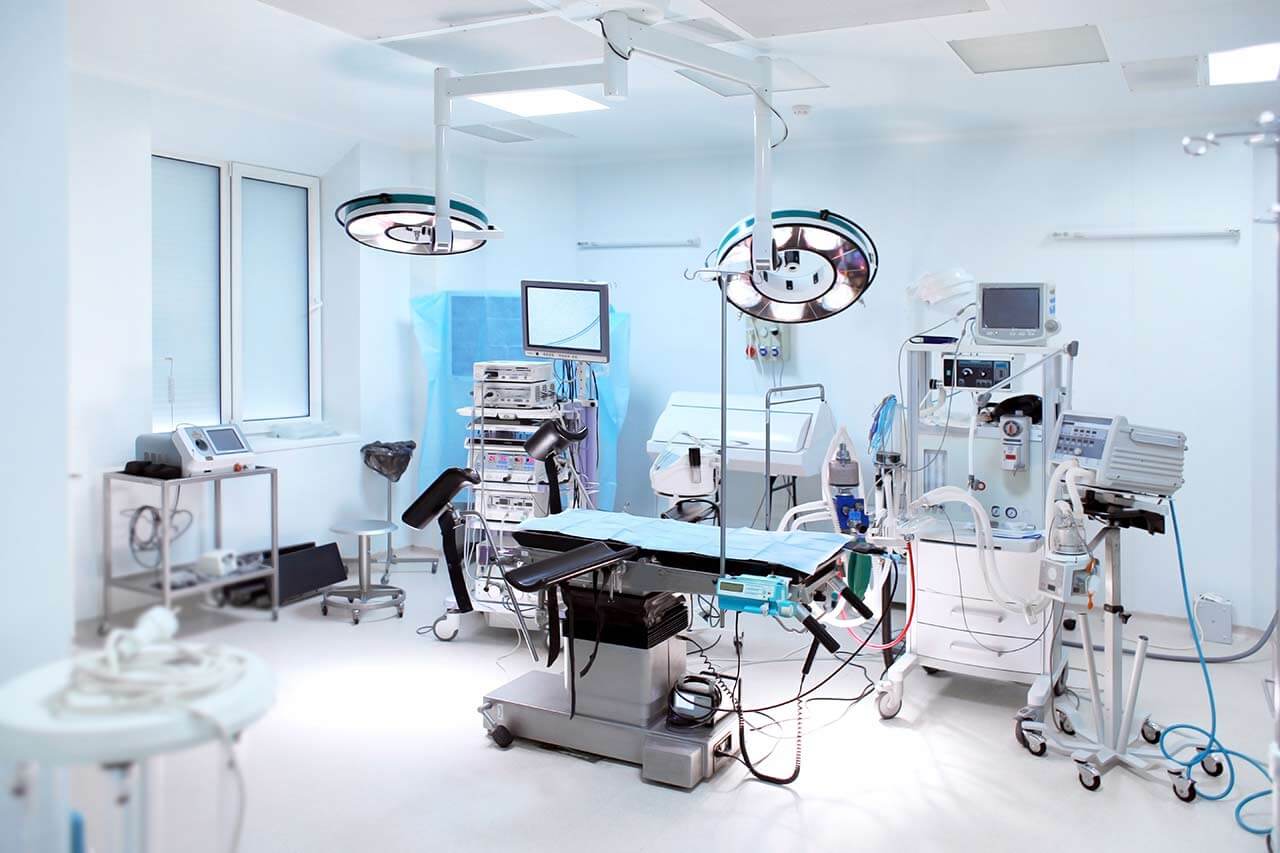
The program includes:
The first stage (duration is 1-3 days):
- Consultation of dentist / implant surgeon
- Oral cavity examination
- CT (computed tomography) / panoramic radiography (orthopantomogram)
- Elaboration of a treatment / prosthetics plan
- Implant selection (depends on the bone mineral density)
- Local anesthesia / sedation
- Teeth extraction (if necessary, if one-step implantation is performed)
- Placement of an abutment with a temporary crown
The second stage, in 1- 3 days (duration is 1 day):
- Control examination
- Recommendation on rehabilitation
Program description:
Our service starts at the airport. Our employee meets you at the airport and holds a sign with your name. In the individual folder you will find detailed information about the medical program and the upcoming operation.
Day 1.
Consultation with a leading surgeon. The aim of implantation is not only to restore the natural function of the teeth, but also to achieve an excellent aesthetic result.
During the consultation, the doctor will examine you, clarify your wishes and tell you how the implantation will be performed. You will choose the type of implant, select the manufacturer and treatment tactics.
Examination. Before the implantation, the patient undergoes the necessary examinations, including laboratory tests, and visits an anesthesiologist. All examinations are carried out in our hospital. This stage will not take much time. The examination usually takes 1-3 hours.
We must be 100% sure that the procedure will go well and that you will achieve the desired result.
After the first appointment you can go to the hotel and relax. All hotels that we offer to our patients are within walking distance of the hospital.
3D model creation. The doctor plans the upcoming procedure carefully. We make a replica of the patient's jaw. The model allows the doctor to simulate the process of installing implants.
This allows for more careful planning of the implant installation, eliminating inaccuracies and possible errors.
Day 2.
Implantation.
On the second day, you arrive at the hospital for implantation. Depending on the chosen tactics, the intervention is performed.
The one-step implantation allows forming a tiny round hole in the jaw and performing implantation. The procedure takes no more than half an hour and is performed under the local anesthesia.
If you have indications for this type of implantation, then an abutment and a temporary crown will be installed initially. You can stay with a temporary crown for up to 3 years. Further, you can install a permanent crown at the convenient time.
The rate of successful osseointegration of the implants we use is over 99%. Each implant has an individual warranty.
Days 3-6.
Recovery period.
After the surgery, soft tissue edema is observed. This is a normal body reaction. The swelling can spread to the tongue, chin, and cheeks. Normally, the swelling goes away in 2-3 days.
Your doctor may recommend medications to reduce inflammation, as well as pain killers and wound healing medications.
There is no need to remove the stitches, since the operation is performed through small punctures. Recovery in such case is much faster and easier than after the classical implantation.
The doctor conducts a final examination, gives recommendations and detailed instructions on further treatment.
Service support:
We fully support your trip.
We help with choosing and booking a hotel, booking tickets, preparing medical documentation.
We provide an individual medical coordinator-interpreter.
We arrange transfer airport - clinic - airport.
A medical advisor controls and coordinates the entire program, starting from your first visit and for 3 months after the program completion.
We also provide information support within six months after the operation.
Required documents
- Medical records
- Orthopantomogram (OPG)
Service
You may also book:
 BookingHealth Price from:
BookingHealth Price from:
About the department
The Department of Adult and Pediatric Orthodontics at the University Hospital Würzburg offers the full range of treatment of various forms of orthodontic malformations. The focus is on the prevention and correction of malocclusion and incorrect position of the jaw, as well as the treatment of facial skeleton pathologies. For these purposes, the department's specialists have in their arsenal a variety of modern and effective therapeutic methods. The department treats about 1,500 patients of all age groups every year. In addition, the department's doctors provide their consulting services to more than 6,000 patients annually. The department is headed by Prof. Dr. med. Angelika Stellzig-Eisenhauer.
In addition to the removable devices (plates, functional orthopedic constructions) and non-removable systems (standard, ceramic bracket systems and self-ligating brackets, for example, Speed, Smartclip and Damon), the department also uses other orthodontic appliances, for example, the Herbst apparatus, mini cortical screws.
The department's doctors have unique qualifications in the treatment of cleft lip and palate, craniofacial anomalies, combined orthodontic and maxillofacial injuries of the mandibular joint in adults and jaw fractures.
The department's clinical practice is based on an interdisciplinary approach to treatment, therefore, the therapy process often involves the specialists from related fields, for example, maxillofacial surgeons, pediatricians, specialists in phoniatrics and pedaudiology, human genetics (for example, in the case of cleft lip and palate).
The service range of the department includes:
- Prevention and treatment of abnormal occlusion, improper position of the upper jaw and facial skeleton malformations in children and adolescents
- Orthodontic treatment of adults using invisible devices (for example, splints, lingual techniques)
- Orthodontic treatment of patients with complete cleft lip, jaw and palate, craniofacial malformations
- Treatment of adult patients with severe jaw fractures (in collaboration with the Department of Oral, Maxillofacial Surgery and Facial Plastic Surgery)
- Treatment of adult patients with periodontal disease (in collaboration with the Department of Periodontology)
- Other medical services
Curriculum vitae
Education
- 1980 - 1983 Study of Germanistics and Sports Science.
- 1983 - 1989 Study of Dentistry, Heidelberg University.
- 1990 - 1993 Advanced Training in Orthodontics, Department of Orthodontics, Heidelberg University.
- 1991 Doctoral thesis defense.
- 1998 Habilitation.
Professional Activities
- Since 2002, Head of the Department of Adult and Pediatric Orthodontics at the University Hospital Würzburg.
- Since 2013, Managing Director of the Center for Dental, Oral and Jaw Health at the University Hospital Würzburg.
- Since 2002, Examination Commission on Orthodontics of the Bavarian Dental Association.
- 2010 Conference President of the 83rd Annual Scientific Meeting of the German Society of Orthodontics.
- 1998 - 2015 Board Member of the Working Group on Cleft Lip and Palate, Craniofacial Defects.
- 2009 - 2015 Board Member of the German Society for Aesthetic Dentistry.
- Since 2010, Board Member of the German-Vietnamese Association for the Advancement of Medicine in Vietnam.
- 2002 - 2014 Representative of the Bavarian University Professors at the Bavaria Dental Association.
Awards
- 1999 and 2011 ARNOLD-Biber Prize of the German Association of Orthodontics.
- 2011 Annual Prize of the German Association of Orthodontics.
- 2011 FEO-Award: Year Award of the European Professional Orthodontic Societies for the Best Publication.
Photo of the doctor: (c) Universitätsklinikum Würzburg
About hospital
According to the FOCUS magazine in 2019, the University Hospital Würzburg ranks among the top national German hospitals!
The hospital is one of the oldest medical facilities in Germany. The centuries-old traditions of first-class treatment are combined with the very latest achievements of modern evidence-based medicine and advanced expert experience. The hospital is the maximum care medical center and covers all fields of modern medicine. The hospital has an impeccable international reputation and treats a large number of patients from other countries every year.
A distinctive peculiarity of the hospital is active interdisciplinary cooperation. A large number of diseases are diagnosed and treated within the specialized centers, which medical teams rely on the unique experience of treatment of a wide variety of clinical cases. For example, such centers include the General Cancer Center, the Stem Cell Therapy Center, the Breast Health Center, the Gastrointestinal Center, the Thoracic Surgery Center, etc. In total, the hospital has more than 40 centers of this kind. Therefore, the patients of the hospital are confident that they will be offered the most relevant treatment in accordance with the very latest medical recommendations.
In addition to the most advanced achievements and methods of modern medicine, the medical team of the hospital makes every effort to create a comfortable, friendly atmosphere, which promotes patient well-being and recovery.
Photo: (с) depositphotos
Accommodation in hospital
Patients rooms
The patients of the University Hospital Würzburg live in comfortable rooms made in a modern design and bright colors. The patient room includes a bed with a remote control, a bedside table with a sliding table, a wardrobe, a TV. The patient rooms have the possibility of Internet connection. The enhanced-comfort rooms are equipped with a safe, a fridge and upholstered furniture.
Meals and Menus
The patients of the hospital are offered a varied and tasty three meals a day. There is a daily choice of several menus, including a dietary one. In case of intolerance to any food, please inform the medical staff about your food preferences in advance. After that, you will be offered an individual menu. Also, the hospital houses the cafes and cafeterias with a wide assortment of drinks, fresh pastries, fresh salads, sweets and other dishes.
Further details
Standard rooms include:
Religion
Christian priests are available for the patients at any time. Representatives of other religions may be requested at any time.
Accompanying person
Your companion may stay with you in your room or at a hotel of your choice during the fixed program.
Hotel
You may stay at the clinic hotel or a hotel of your choice during the outpatient program. Our manager will help you choose the best option.





